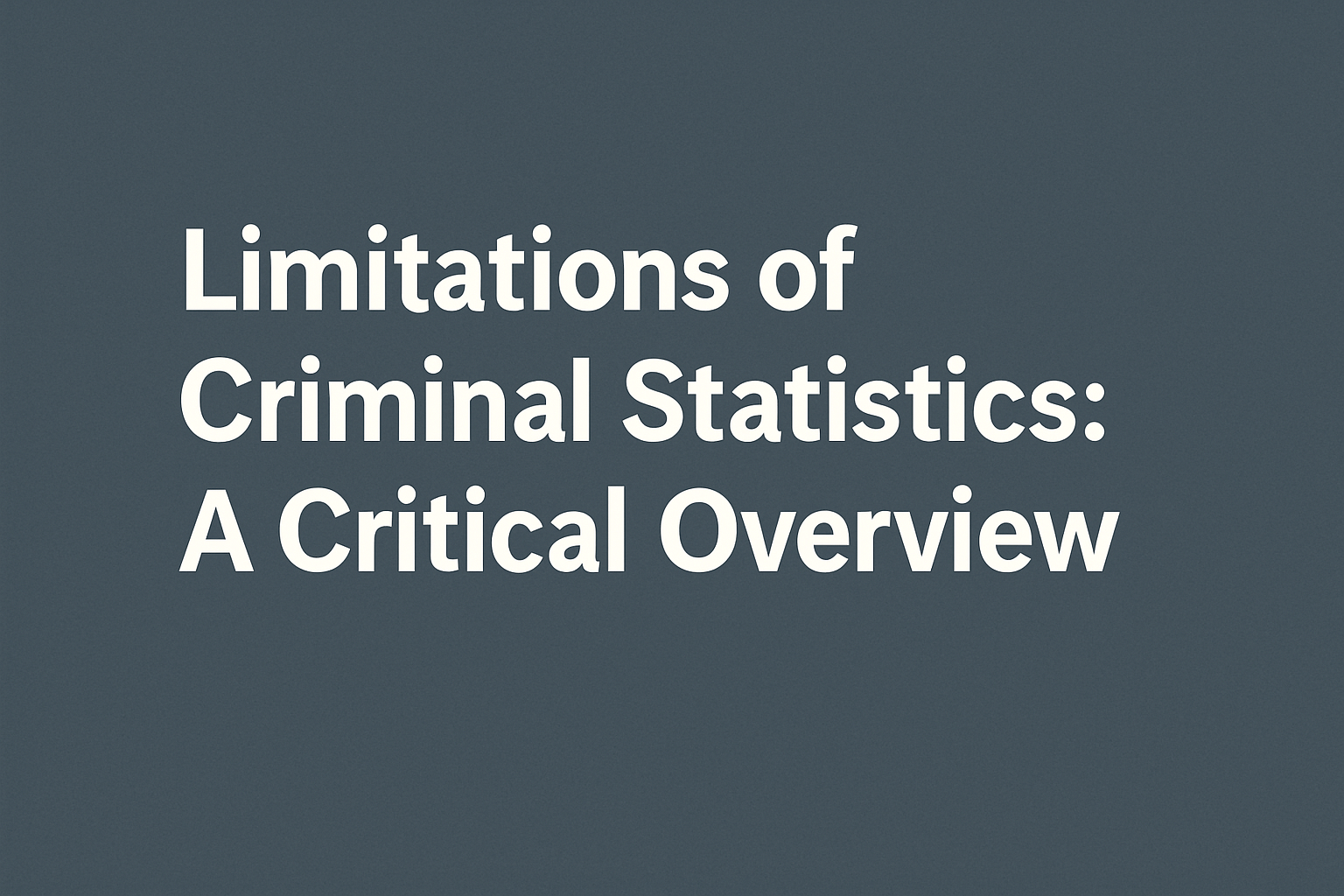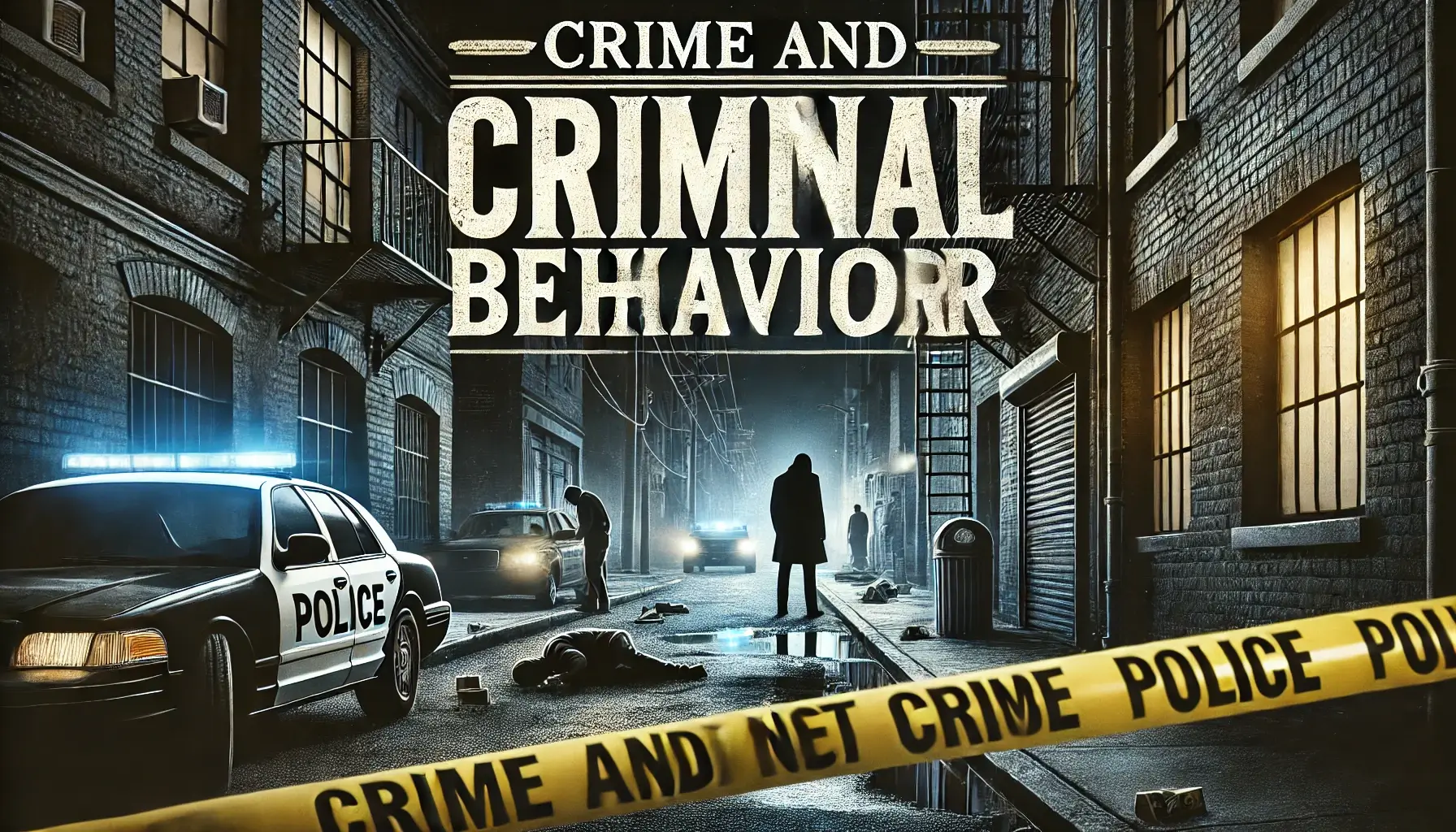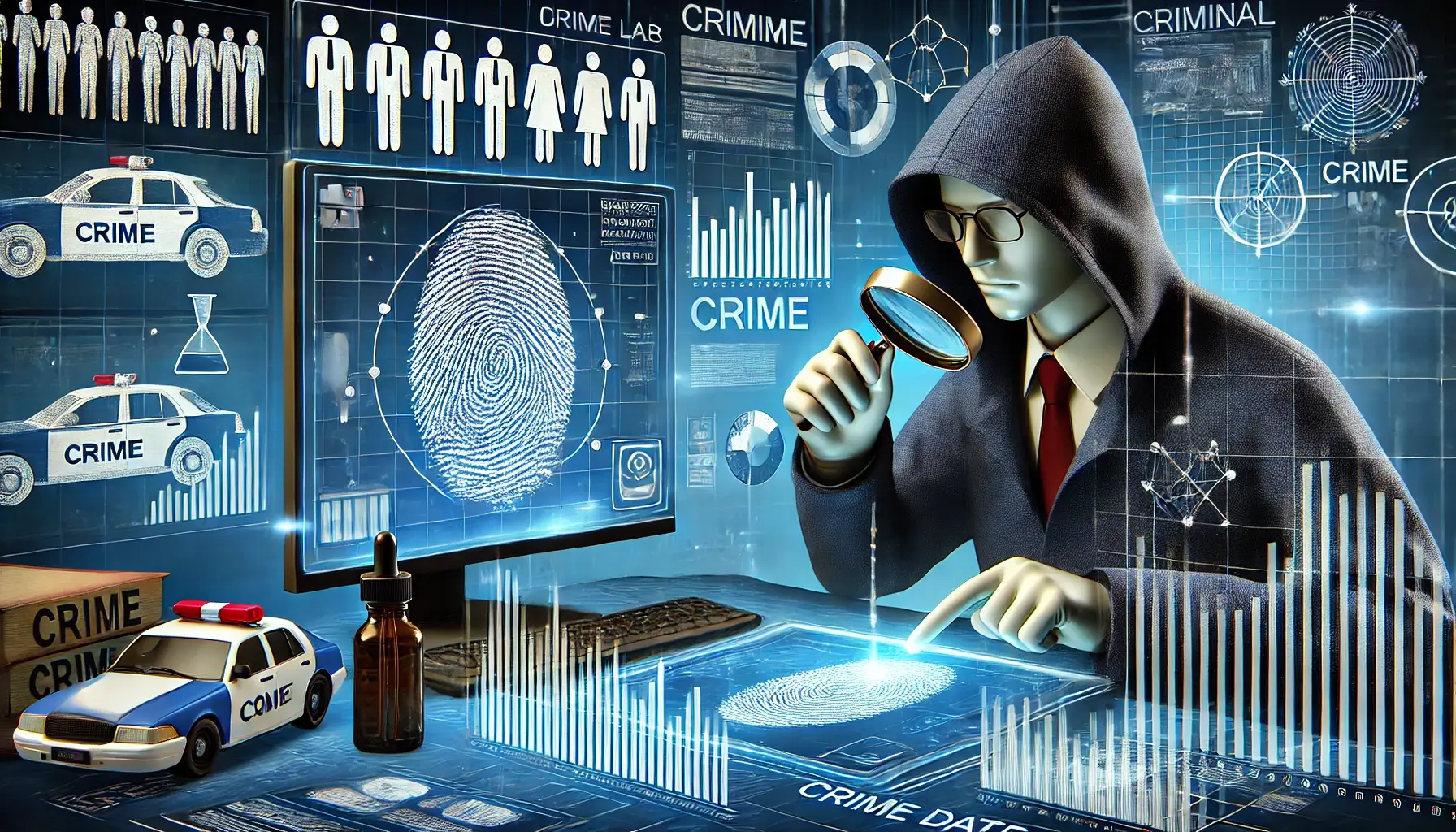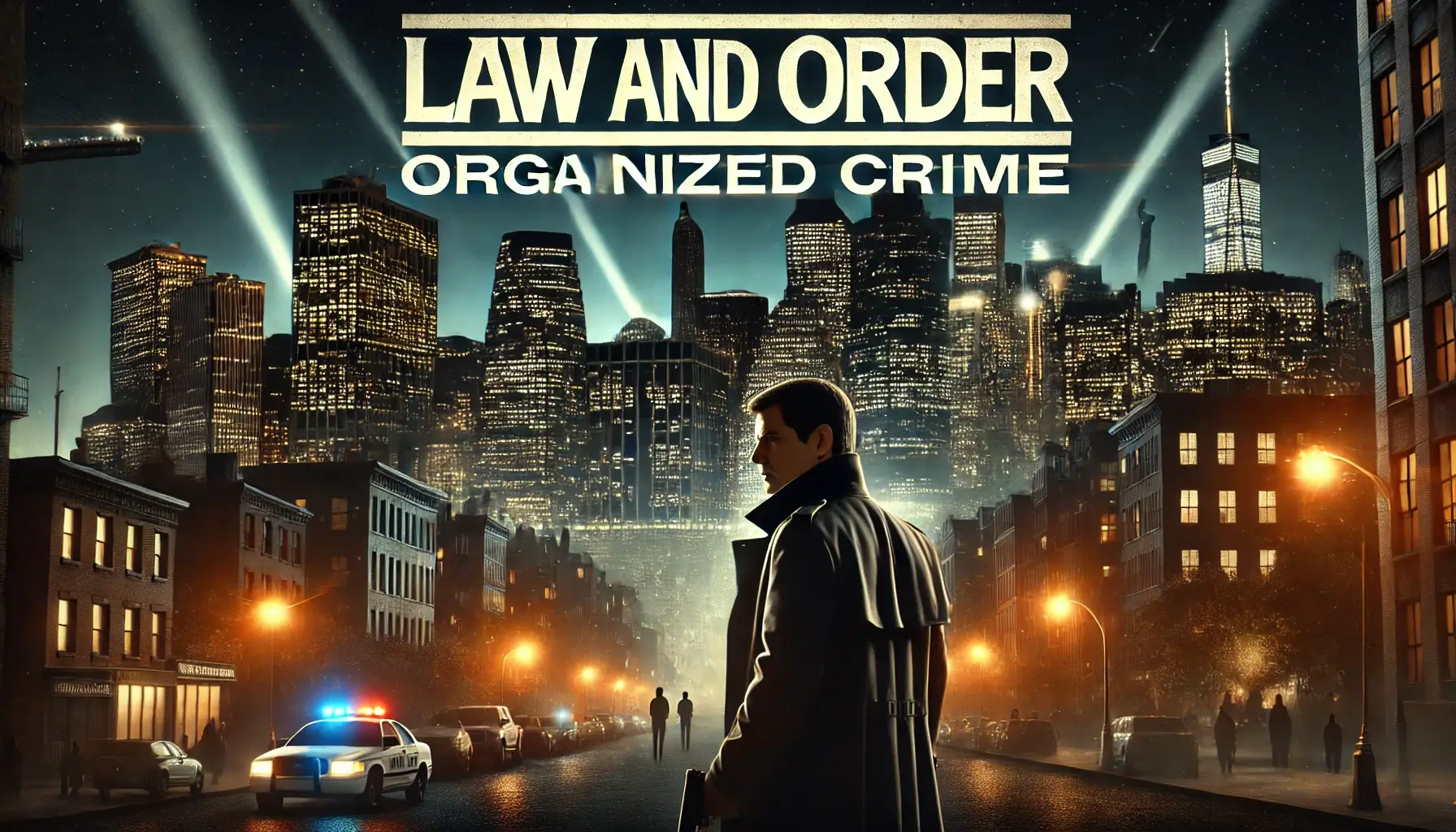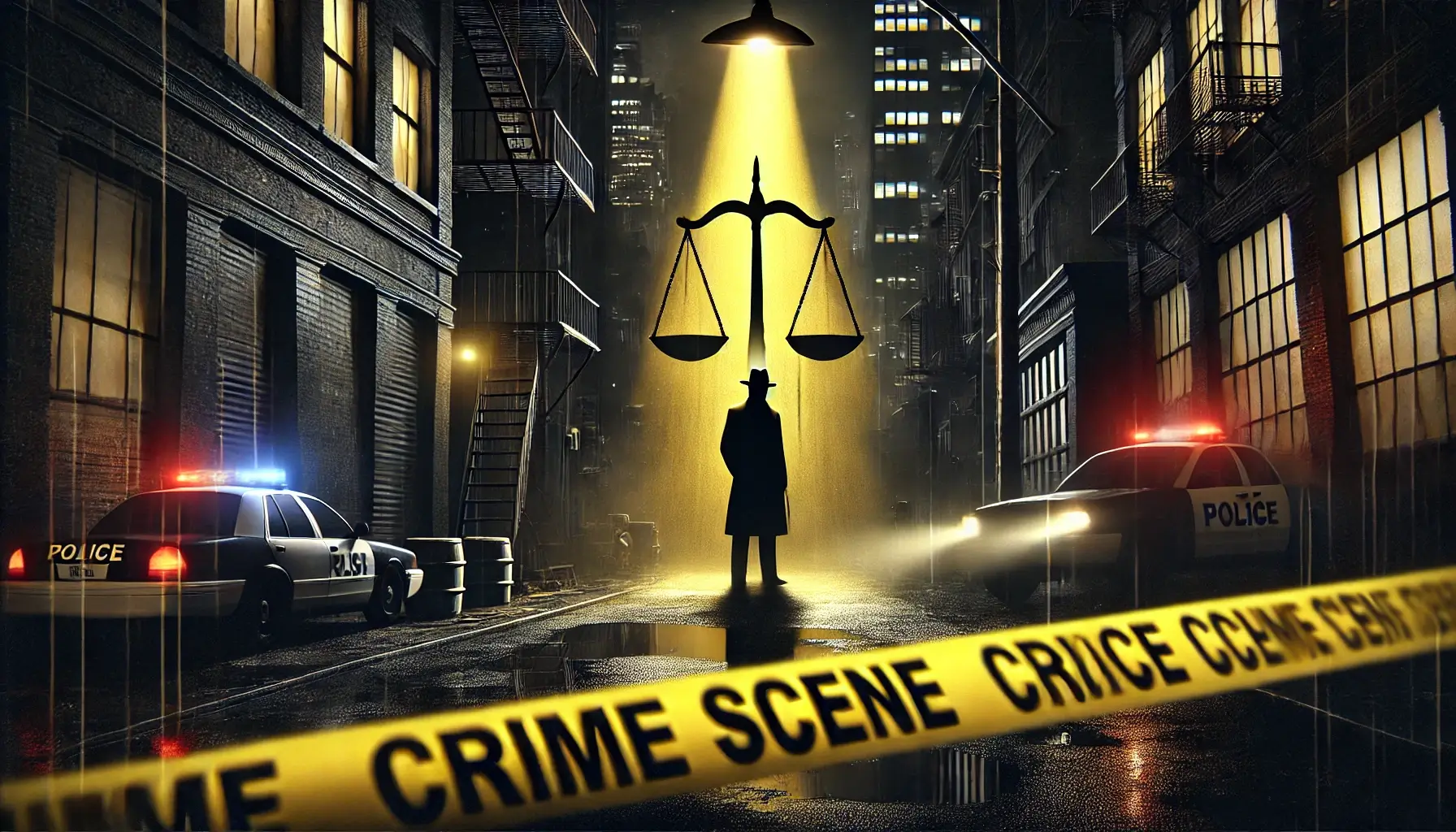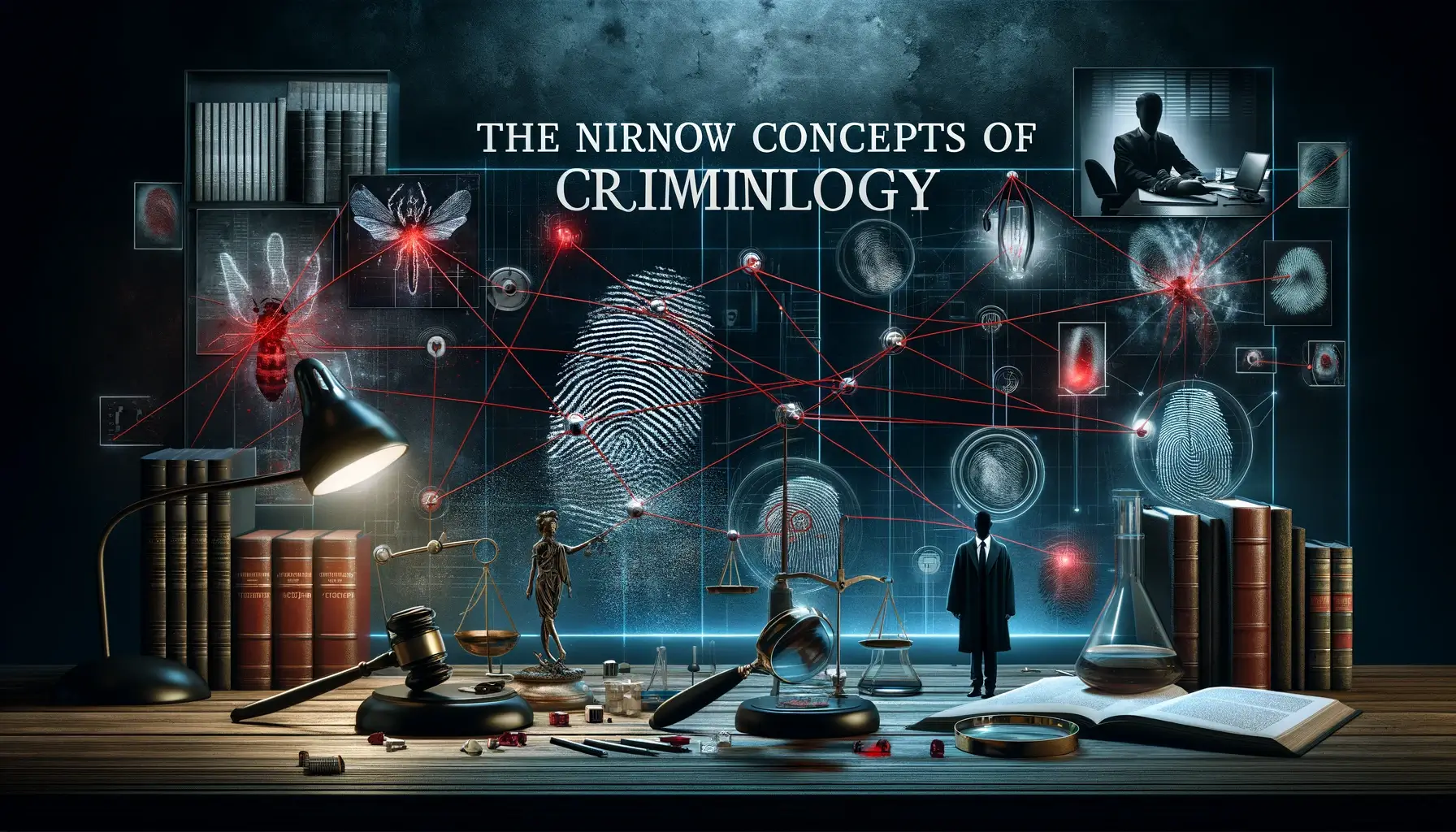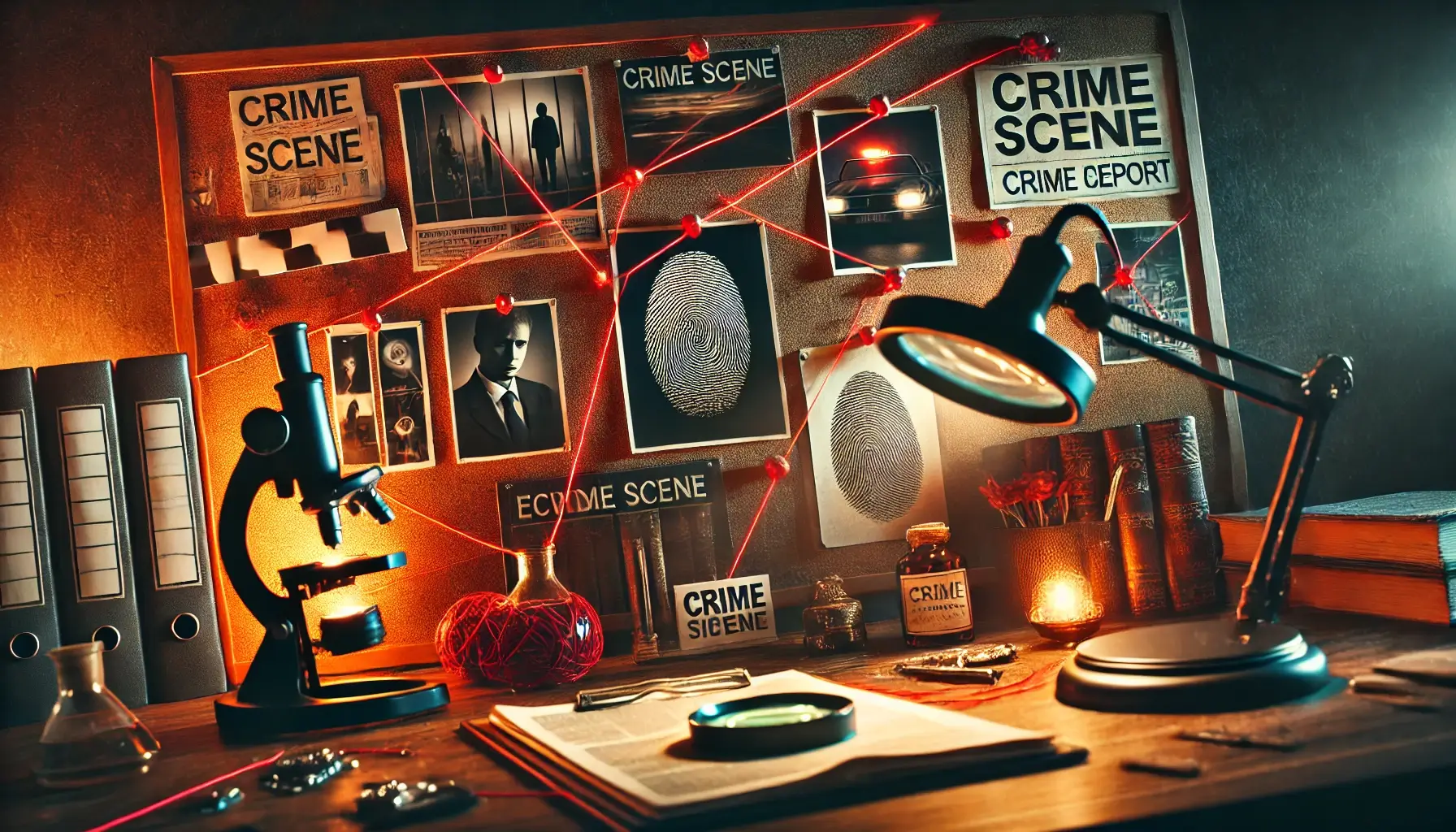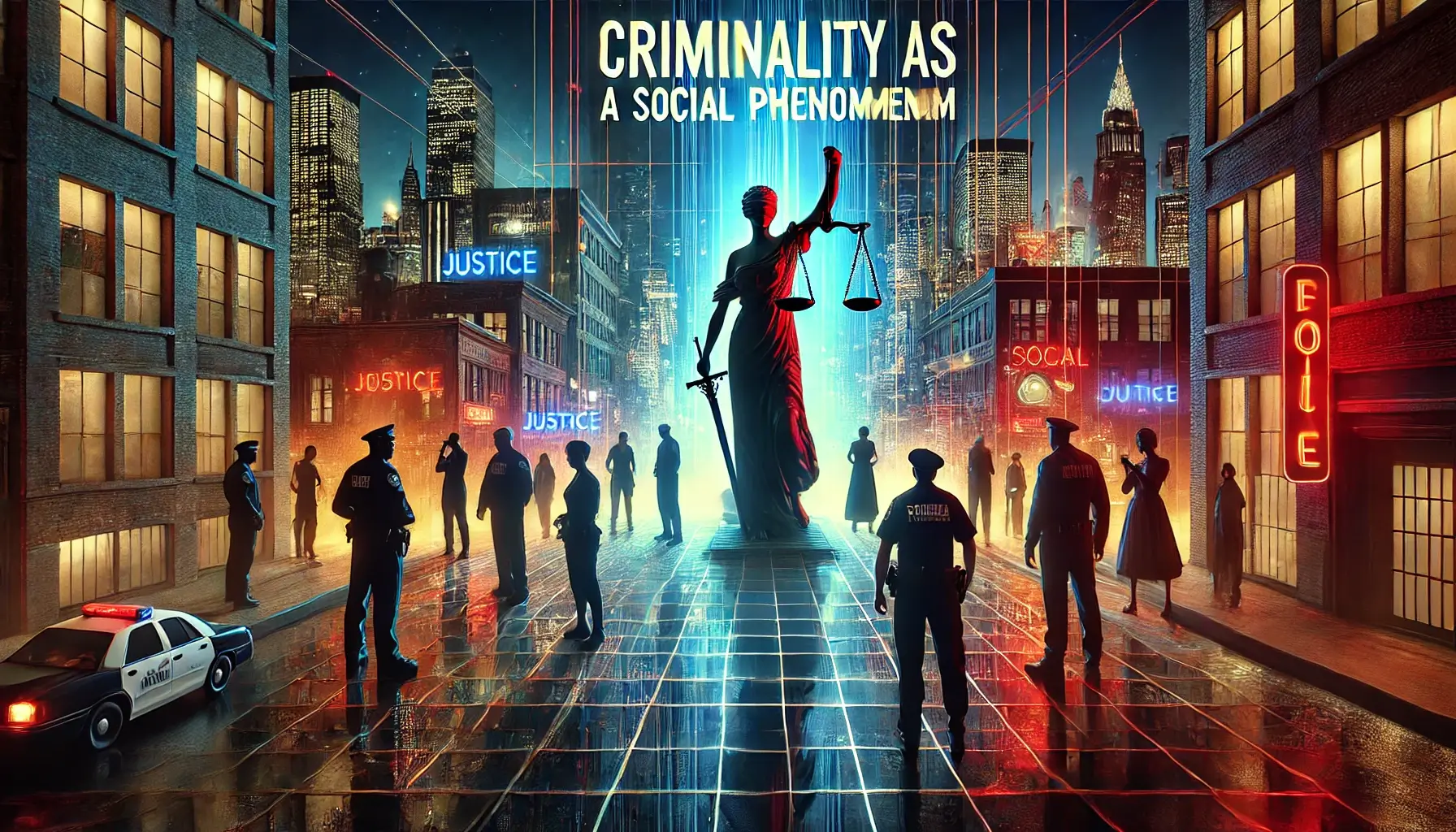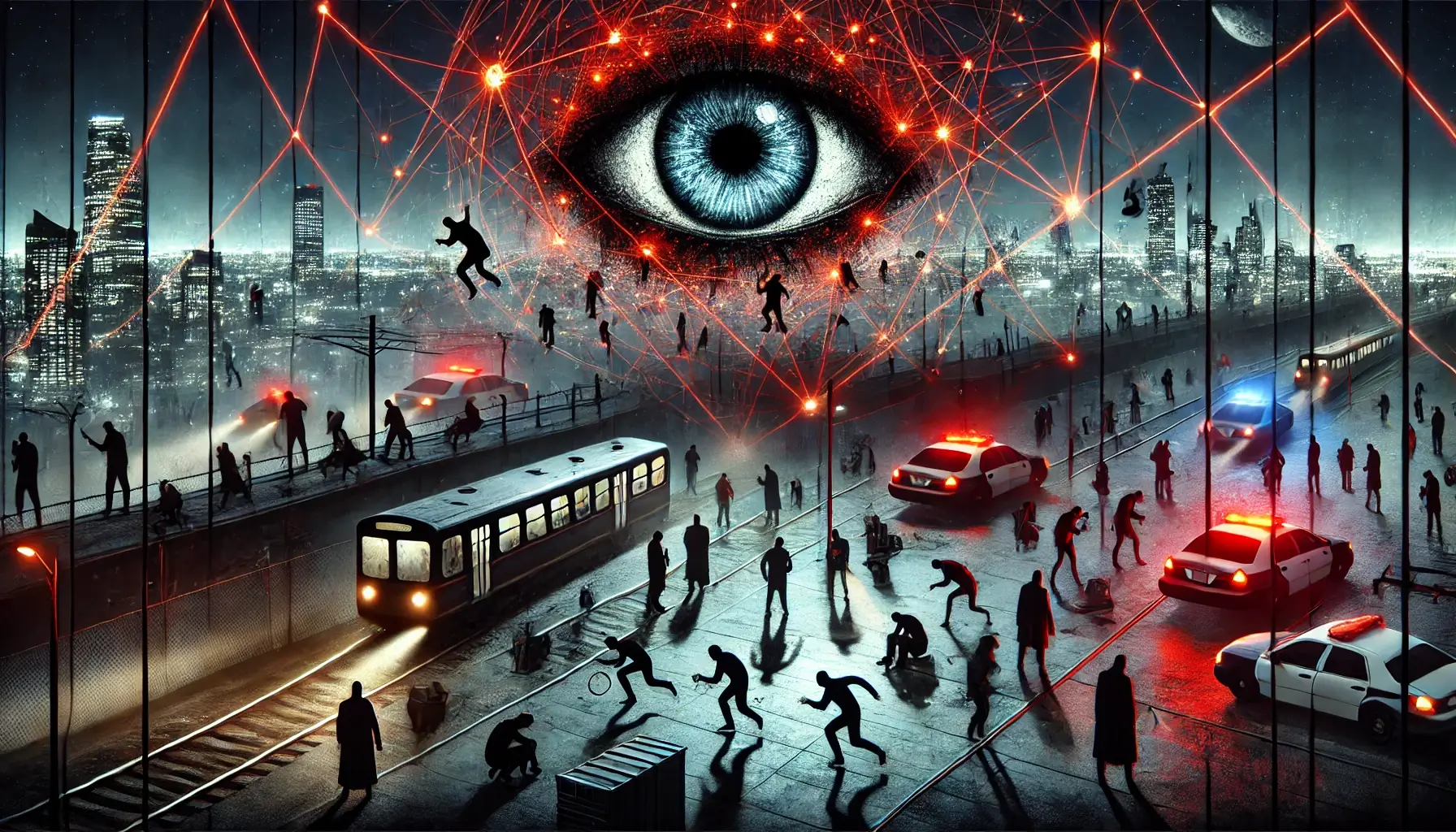Limitations of Criminal Statistics: A Critical Overview
Introduction Criminal statistics serve as one of the most essential tools for understanding crime trends, evaluating law enforcement performance, and shaping public policy. However, these statistics are far from perfect. In fact, a critical examination reveals several limitations and distortions that significantly undermine their reliability and validity. Despite their widespread use in criminology, policymaking, and … Read more

